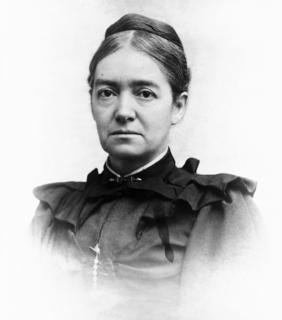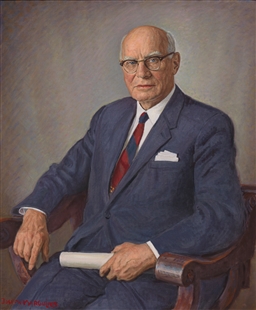A Quote by Katharine Graham
I adopted the assumption of many of my generation that women were intellectually inferior to men, that we were not capable of governing, leading, managing anything but our homes and our children.
Related Quotes
Freedom is always just one generation away from extinction. We don't pass it to our children in the bloodstream. We have to fight for it and protect it and then hand it to them, so that they shall do the same, or we're going to find ourselves spending our sunset years telling our children and our children's children, about a time in America, back in the day, when men and women were free.
Late one afternoon when returning from town we were met by a few women and children who told us that Mexican troops from some other town had attacked our camp, killed all the warriors of the guard, captured all our ponies, secured our arms, destroyed our supplies, and killed many of our women and children.. when all were counted, I found that my aged mother, my young wife, and my three small children were among the slain.
There were others, women with stories that were told in a quieter voice: women who hid Jewish children in their homes, putting themselves directly in harm's way to save others. Too many of them paid a terrible, unimaginable price for their heroism. And like so many women in wartime, they were largely forgotten after the war's end.There were no parades for them, very few medals, and almost no mention in the history books.
It was very bad if the council had resorted to recruiting men. By tradition men were our last line of defence, their physical strength bent towards the single and most important task of protecting our homes and children. This meant the council had decided that our only defence was to defeat the enemy, period. Anything else meant the end of Darre.
During the long ages of class rule, which are just beginning to cease, only one form of sovereignty has been assigned to all men--that, namely, over all women. Upon these feeble and inferior companions all men were permitted to avenge the indignities they suffered from so many men to whom they were forced to submit.
The great bulk of the legal voters of the South were men who owned no slaves; their homes were generally in the hills and poor country; their facilities for educating their children, even up to the point of reading and writing, were very limited; their interest in the contest was very meagre--what there was, if they had been capable of seeing it, was with the North; they too needed emancipation.
I was a young feminist in the '70s. Feminism saved my life. It gave me a life. But I saw how so much of what people were saying was not matching up with what they were doing. For example, we were talking about sister solidarity, and women were putting each other down. We were talking about standing up for our rights, and women weren't leaving abusive relationships with men. There were just so many disconnects.
American men are allotted just as many tears as American women. But because we are forbidden to shed them, we die long before women do, with our hearts exploding or our blood pressure rising or our livers eaten away by alcohol because that lake of grief inside us has no outlet. We, men, die because our faces were not watered enough.

































